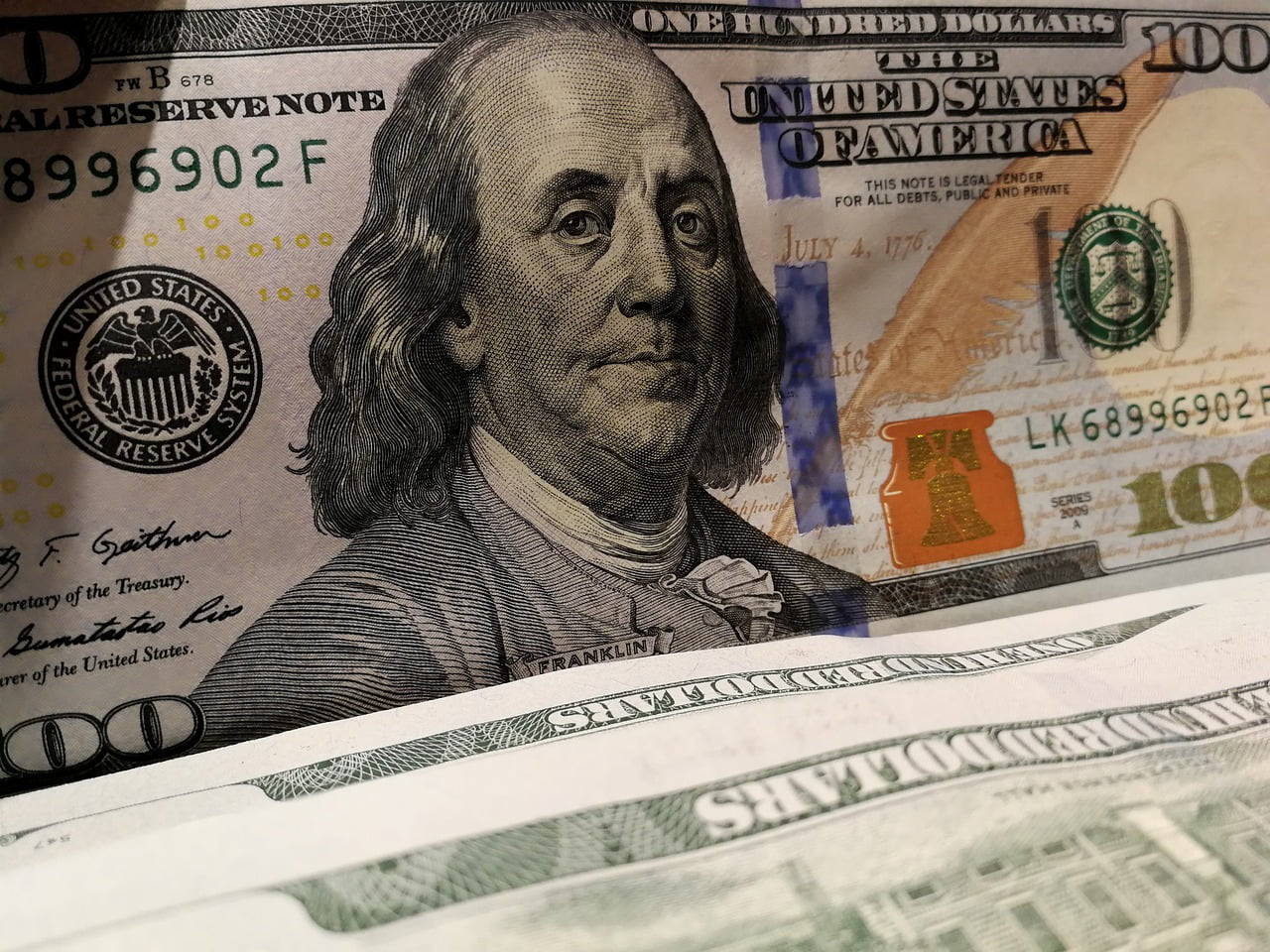In his Daily Market Notes report to investors, while commenting on commodity inflation, Louis Navellier wrote:
Q2 2021 hedge fund letters, conferences and more
The biggest news this week is that the bond vigilantes now believe that the Fed will curtail their quantitative easing sooner than later in the wake of the stronger than expected July payroll report, plus positive revisions to the May & June payroll reports. The 10-year Treasury bond has now surged over 20 basis points from its lows in the previous week and is now above 1.3%. On Wednesday, the bid-to-cover ratio at the 10-year Treasury bond auction was a robust 2.65, which is the highest bid-to-cover ratio since May 2020, so I do not expect Treasury bond yields to continue to rise significantly due to robust demand.
Tapering in September?
The other interesting development is that Senator Joe Manchin is “deeply concerned” about the Fed’s easy money policy and urged the Fed to curtail its aggressive intervention. Specifically, in a letter to Fed Chairman Jerome Powell, Senator Manchin said “With the recession over and our strong economic recovery well underway, I am increasingly alarmed that the Fed continues to inject record amounts of stimulus into our economy.” This is raising questions about whether or not the Fed might begin tapering sooner than later.
There are only two hawks at the Fed, namely the Dallas and Kansas City district bank presidents. Although some Fed members want the Fed to address tapering at its September Open Market Committee (FOMC) meeting, they are still in the minority. The doves, like the Chicago Fed president still wants to continue with quantitative easing and its easy monetary policy for the foreseeable future, since economic targets (e.g., unemployment) have not been fully achieved.
I am still in the camp that the Fed will not address tapering until its December FOMC meeting, since Fed Chairman Powell is up for renewal in early 2022 and the Biden Administration is still proposing spending trillions of dollars in the wake of its $1 trillion bipartisan infrastructure bill. Due to all the proposed spending, which is much less likely to achieve bipartisan support, if the Fed started tapering just before the federal budget deficit soared, then it could complicate future Treasury auctions. As a result, I expect that the Fed will remain accommodative, cite the Covid-19 Delta variant as a risk to the economy and continue to kick any tapering decision until its December FOMC meeting.
Commodity Inflation
Commodity inflation is a worldwide problem. As an example, China’s Natural Bureau of Statistics reported that producer prices rose 0.5% in July. In the past 12 months, producer prices surged 9% in July compared to the same month a year ago. Wholesale inflation in China is now running at the fastest annual pace since September 2008. Interestingly, China’s consumer prices rose only 1% in the past 12 months through July, due largely to a 3.7% decline in food prices. Excluding food, China’s consumer inflation rose at a 2.1% annual pace.













